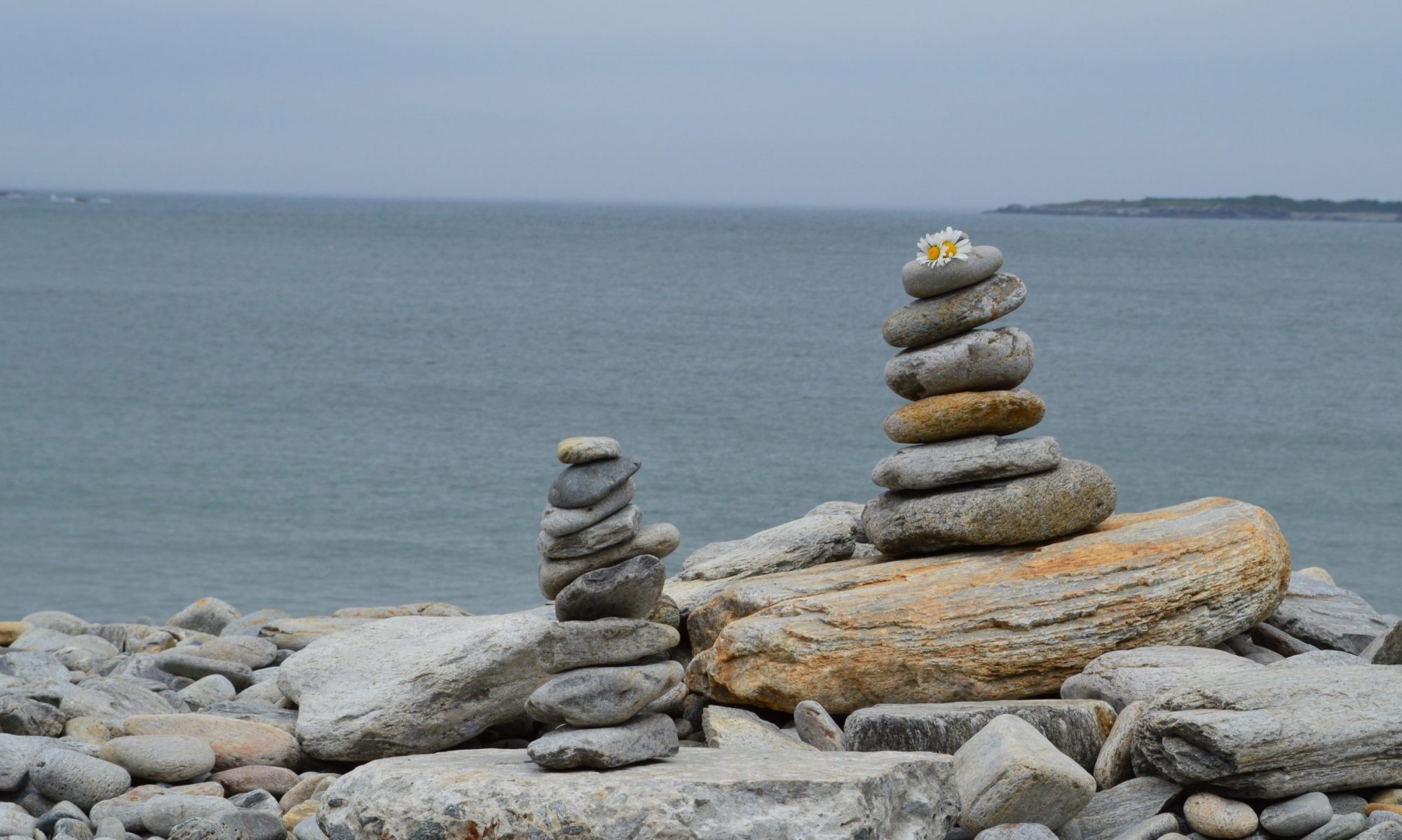John Muir (1838-1914) was a writer, naturalist and social activist. I discovered his writing in the months after my first trip into the wilderness. I was 16 and on a 6-week camping trip. That trip was my first close encounter with high peaks, deep wilderness and the essence that percolates beyond the realm of the physical.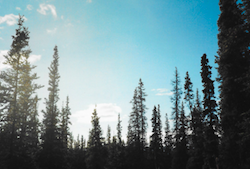
Nothing in my life to that point had even hinted towards the ethereal. I had grown up regularly attending an Episcopal church and Sunday school and, at the time, was attending a Catholic high school. I had an appreciation for the formality and traditions of religion, but I had never felt anything that could be called spirituality. I’m not sure that I even recognized it was absent. I had heard the concept and even thought that I believed in its existence, but I had never experienced it.
In the mountains, I felt a Oneness that was surely the holiness that I had heard described in church. I turned the corner at the end of a long switchback and emerged above treeline. An immense valley opened below me, the wide sky stretched above me and I felt myself melt into the expanse. I didn’t know what it was, but I felt it, I loved it and I was loved by it. I didn’t need to believe it or understand it, I knew it. I became devoted to honoring and protecting Mother Earth.
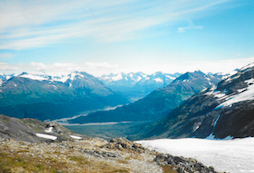
in the months after my trip, I began reading John Muir, and his words helped me to embrace and touch the sensation more fully. With a naturalist’s training and an artist’s heart, Muir describes the glory, wonder, ferocity and peace of moving amidst trees, storms, creeks and mountain peaks. His words resonated with my experience of the wilderness and, perhaps even more importantly, with the spirituality that my travels had awakened in me. He described the interconnection like this: “We are now in the mountains and they are in us, kindling enthusiasm, making every nerve quiver, filling every pore and cell of us.”
In sentence after sentence, John Muir validated my budding awareness that I was connected to a larger whole, connecting my fragile teenage humanity to the vast and mighty natural world, and acknowledging all of Nature as God. He wrote about forests, mountains and glaciers with such rich detail that reading his essays was like a walk through an old growth forest, dripping with sights, sounds and feelings. I took many armchair journeys as I read about his adventures. He was an accomplished alpinist and a risk taker, so rapt by experience that his own health and safety were quite secondary. He spent many months living simply and closely to the earth, spending long swaths of time alone or with just a few others in wild places. Through his words and sketches, you would believe that he was most happy with the trees and birds for neighbors, but he was also passionately committed to protecting wild spaces.
I relished his observations and the conclusion that there is more for us to glean from wilderness than an understanding of the sum of the parts. Wild spaces and humans are expressions of the same spirit. We need one another.
The tendency nowadays to wander in wilderness is delightful to see. Thousands of tired, nerve-shaken, over-civilized people are beginning to find out that going to the mountains is going home; that wildness is a necessity; and that mountain parks and reservations are useful not only as fountains of timber and irrigating rivers, but as fountains of life. Awakening from the stupefying effects of the vice of over-industry and the deadly apathy of luxury, they are trying as best they can to mix and enrich their own little ongoings with those of Nature, and to get rid of rust and disease…This is fine and natural and full of promise. So also is the growing interest in the care and preservation of forests and wild places in general, and in the half wild parks and gardens of towns.
— The Wild Parks and Forest Reservations of the West from Our National Parks, 1901
While Muir advocated that people should get out into wilderness whenever possible, he also argued that it was important for them to know that wild places existed if they couldn’t get there. His love of wild spaces both for their own sake and for their potential to heal humanity fueled his persistence; his writing and lobbying ultimately contributed to the development of the National Park Service. As I learned more about John Muir, his activism sparked mine.
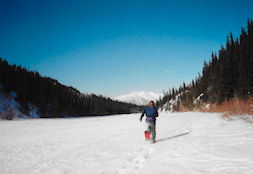 In the decades since my first encounter with wilderness, my connection to Nature (capital N) has grounded, guided and supported me. Muir’s stories kept my passion for the wilderness alive while I was making my way through college, suburbs, and cities and I followed his advice, “Keep close to Nature’s heart… and break clear away once in awhile, and climb a mountain or spend a week in the woods. Wash your spirit clean.” For a few years, I stepped off the beaten path quite fully, living off the grid and closely to the earth. In those years, the rhythms of my days closely followed the rhythms of the sun, moon, seasons and critters.
In the decades since my first encounter with wilderness, my connection to Nature (capital N) has grounded, guided and supported me. Muir’s stories kept my passion for the wilderness alive while I was making my way through college, suburbs, and cities and I followed his advice, “Keep close to Nature’s heart… and break clear away once in awhile, and climb a mountain or spend a week in the woods. Wash your spirit clean.” For a few years, I stepped off the beaten path quite fully, living off the grid and closely to the earth. In those years, the rhythms of my days closely followed the rhythms of the sun, moon, seasons and critters.
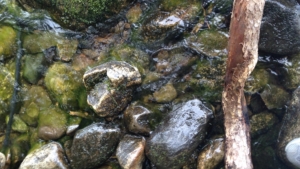
I didn’t see it at the time, but I now fully recognize that my forays into wilderness, inclination to keep my hands in the dirt, and connection to seasonal cycles has been my link to a Universal Spirit all this time. I named my affinity to Mother Earth, Muir named his to God’s Creation. We were talking about the same thing. Renamed and reclaimed, the thread of Nature that has been running through my life is already being woven into new patterns. What gifts!
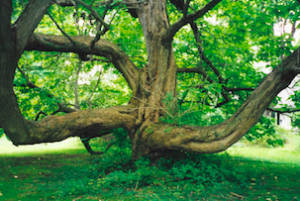
To John Muir, with gratitude
The Divine speaks
In rustling leaves and
Babbling brooks.
In singing birds and
Howling wolves,
The Divine speaks.
The Divine glows
In oranges, pinks and purples
Of the rising and setting sun.
In the brilliant white reflection
Of the full moon,
The Divine glows.
The Divine lives
In wind and earthworm,
Mountain and valley.
In you and me,
Eagle and salmon.
The Divine lives.
I am participating in a 2-year interfaith ministry program with the Chaplaincy Institute of Maine (ChIME). During this exploration of heart, mind and spirit, the first year focuses on Contemplation while the second year is about Action. This piece originated out of preparation for a presentation to my class on a Planetary Chaplain who has been particularly impactful in my life. A Planetary Chaplain is an individual who, as Matthew Fox describes, is “doing good work – that is, work that is a blessing to the community, a midwife of grace.”
